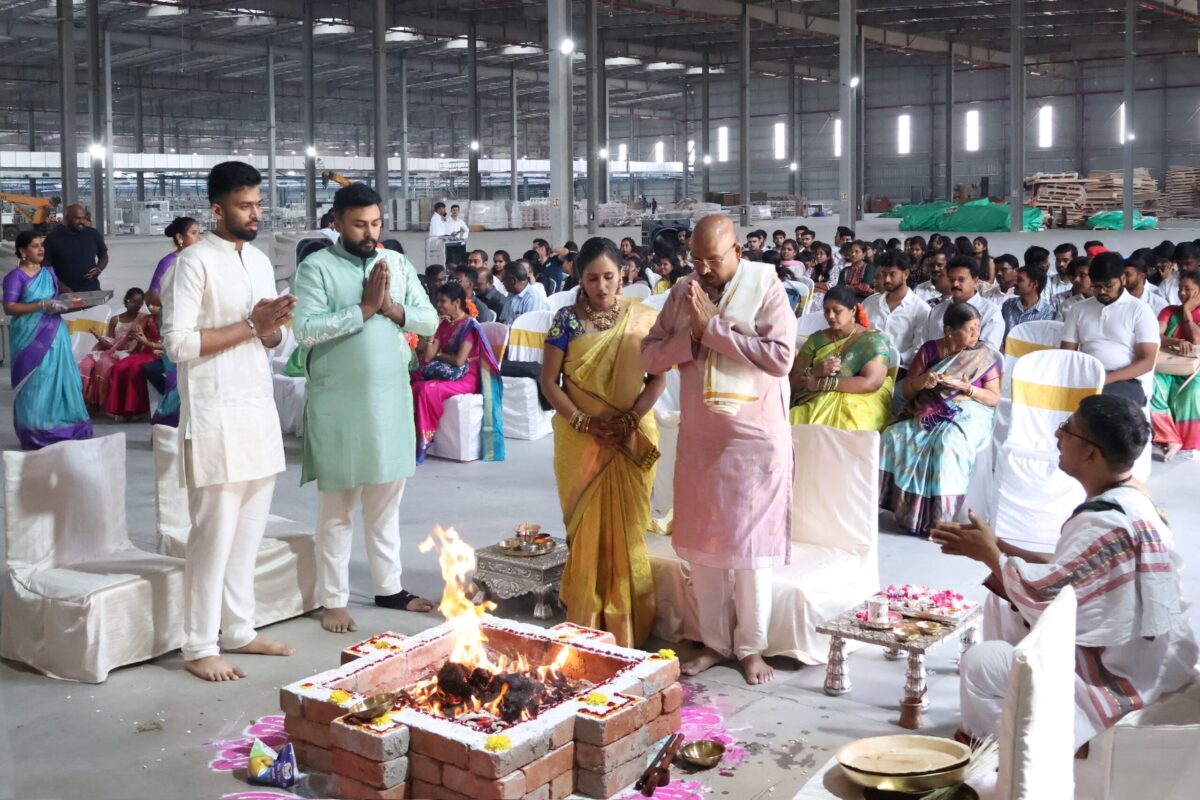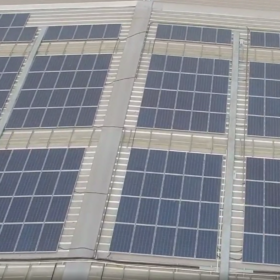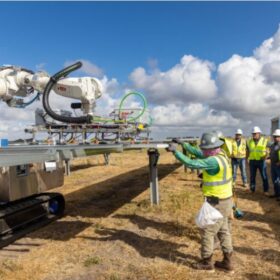Bangladesh is poised to witness a substantial increase in rooftop PV generation as the government mandates the installation of net-metered solar systems in newly constructed residential, educational, medical, industrial, and commercial buildings as a prerequisite for new grid connections.
For buildings with rooftop spaces exceeding 92.2 square meters, net-metered solar power systems is obligatory. Owners seeking single-phase grid connections must install a net-metered solar system with a minimum capacity of 1 kW, while those requiring three-phase connections must meet a 3 kW capacity requirement. The same rules apply to schools, hospitals, and charitable organizations with at least 1,000 square feet of rooftop space.
Additionally, the new regulation stipulates that industrial and commercial customers in need of grid connections up to 80 kW must install a rooftop PV system equivalent to 15% of their total load. Customers requiring connections between 80 kW and 500 kW must install a PV system representing up to 12% of their load capacity, while those with loads exceeding 500 kW must install a rooftop array representing up to 10% of their load capacity.
Furthermore, existing buildings wishing to enhance their grid connection load capacity must adhere to the same rules by installing additional rooftop solar systems. Dipal C. Barua, former president and current adviser of the Bangladesh Solar and Renewable Energy Association, told pv magazine that there is strong support for this new measure.
“Hundreds of megawatts of electricity now will be added from rooftop solar every year,” he said. “The implementation of the rules of mandatory net-metered pv system will be easier in case of new buildings since they will be obliged to follow the rules as they need grid connection.”
Barua stated that every year, approximately 40,000 new residential buildings are built in Bangladesh, and if, on average, each of them installs a 2 kW system, this would contribute about 80 MW of power. He also noted that industrial and commercial buildings, which require a substantial electricity load, would install larger rooftop solar systems, further increasing electricity generation.
Bangladesh has the capacity to produce a total of 1194.63 MW of clean electricity. Of this capacity, 84.837 MW is generated from net-metered rooftop solar systems, while 70.301 MW is derived from non-net-metered rooftop PV systems.
This content is protected by copyright and may not be reused. If you want to cooperate with us and would like to reuse some of our content, please contact: editors@pv-magazine.com.








2 comments
By submitting this form you agree to pv magazine using your data for the purposes of publishing your comment.
Your personal data will only be disclosed or otherwise transmitted to third parties for the purposes of spam filtering or if this is necessary for technical maintenance of the website. Any other transfer to third parties will not take place unless this is justified on the basis of applicable data protection regulations or if pv magazine is legally obliged to do so.
You may revoke this consent at any time with effect for the future, in which case your personal data will be deleted immediately. Otherwise, your data will be deleted if pv magazine has processed your request or the purpose of data storage is fulfilled.
Further information on data privacy can be found in our Data Protection Policy.